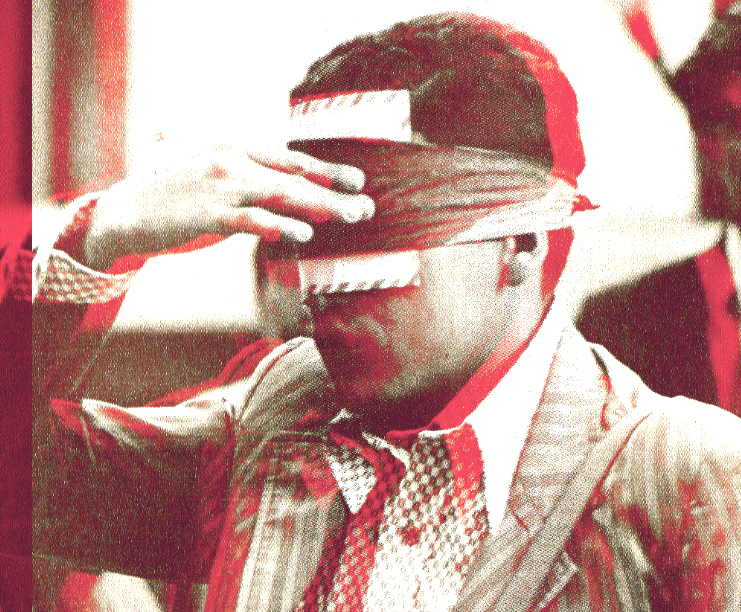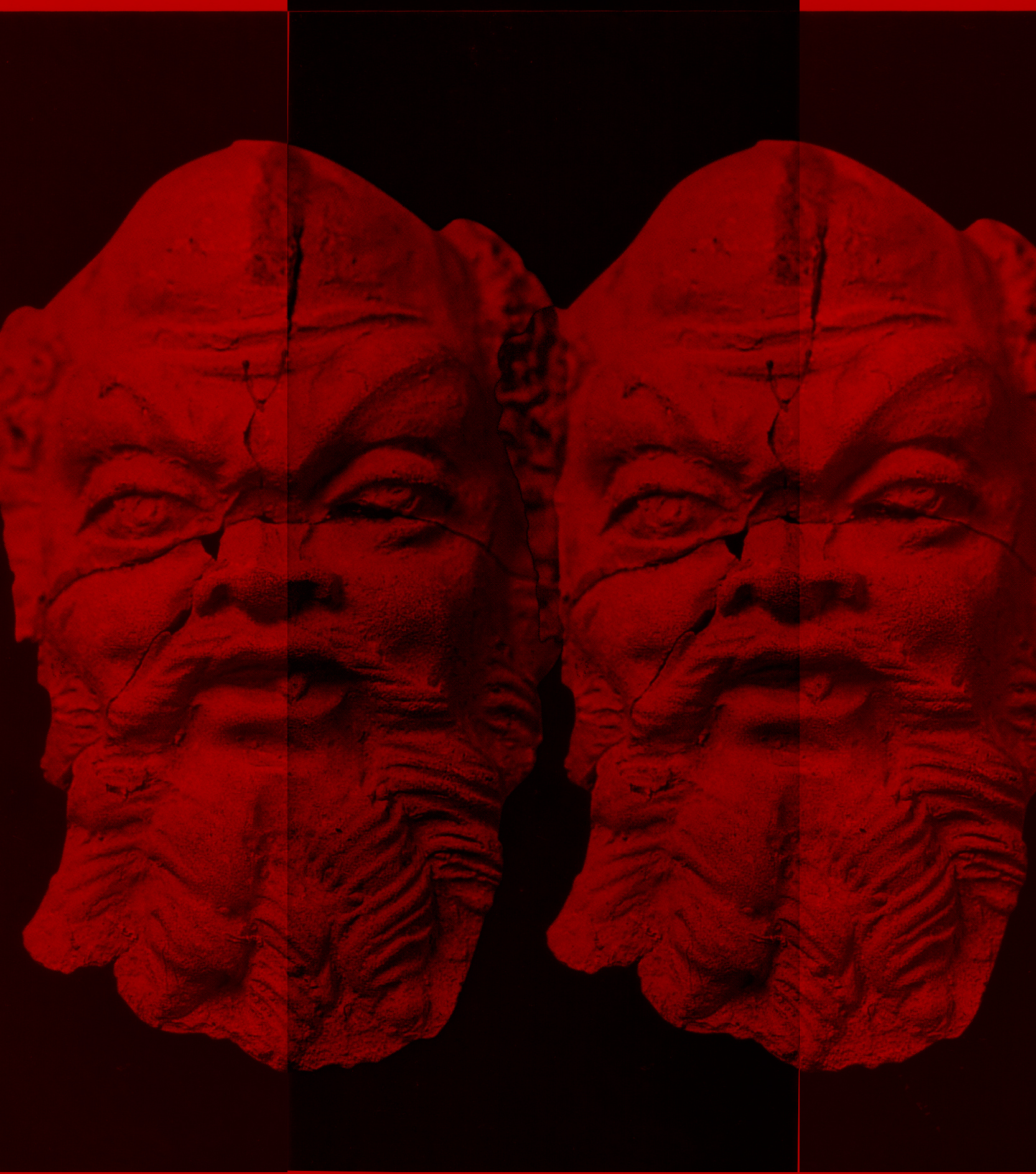The fable from which the work is freely inspired is the poetry inscribed in the golden orphic tablets whose language dissects the communication between the living and the dead warding them from personal memory to a fuller and brighter anonymity. In fact, beyond the traditional myth of which he is the main character, Dionysus is the essence of emptiness, the exposure of nothing, the passage from one state to another and from one instant to another whose mere presence evokes death, revolt, carnival and insurrection, in other words, the suspension of historical time. The public will be hosted on stage on either side whilst the actor, provisory, precarious, conditioned and fragile in excess, suspends via sacrifice the lexicon of memory and the black arrow of time.
After several years without stepping on the stage Marco Regueiro directs a work based on the Greek notion of theater from a contemporary perspective that does not pretend to be neither benevolent nor hopeful with its past but inflammatory and esoteric with its future. Opposed to postmodern formalism, his technique points towards kenosis and irreverence, in which the actor is the material and the material the actor, an extended attitude towards all art genres in which he advocates inverting the focus in order to reveal the autonomous perception of the public. Concerned with the primary and elusive function of the theater – its origin and its infancy – he strives to associate the human gaze with an imperfect image in response to the hidden subterranean history of the body.





